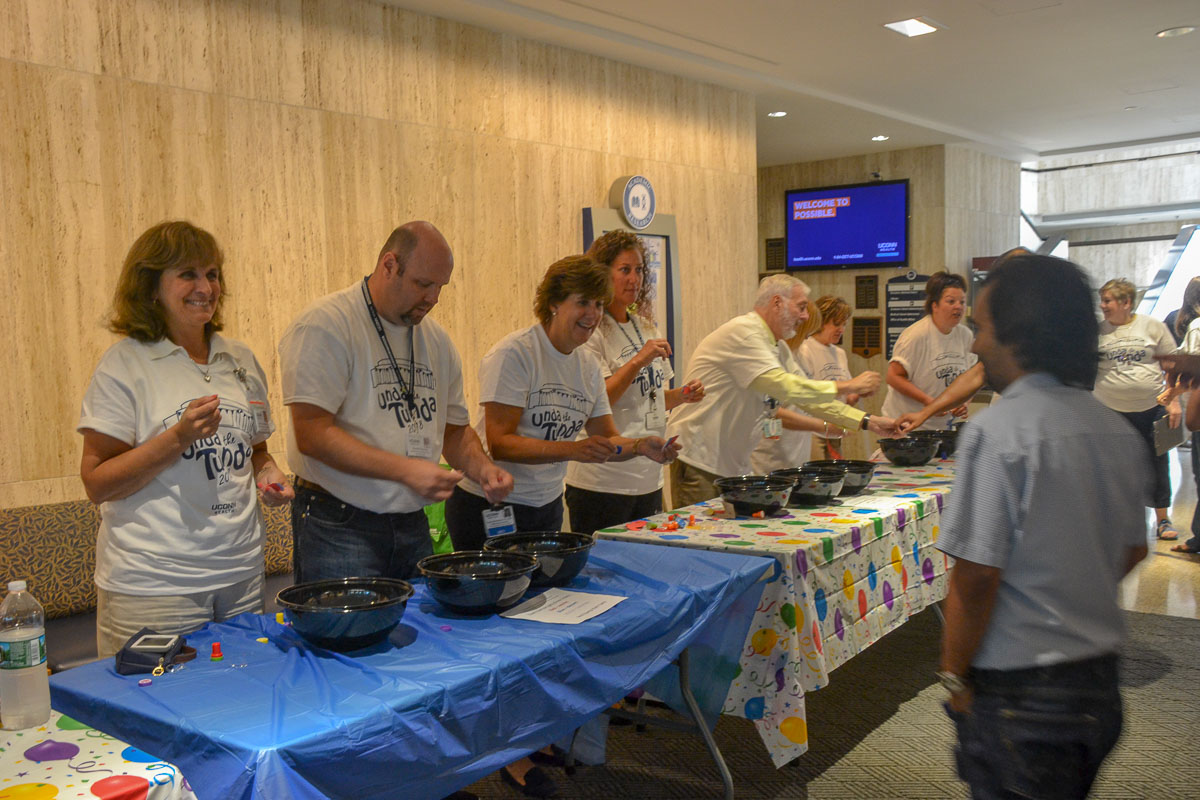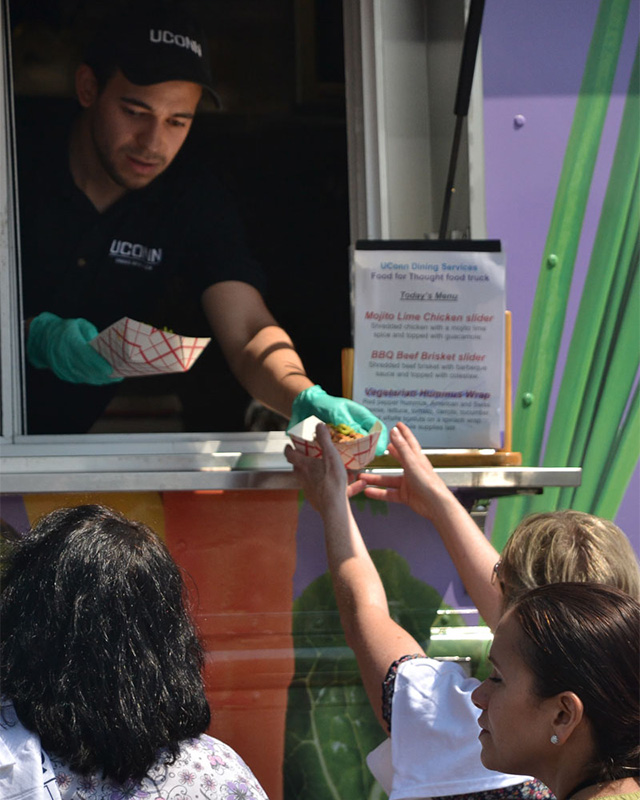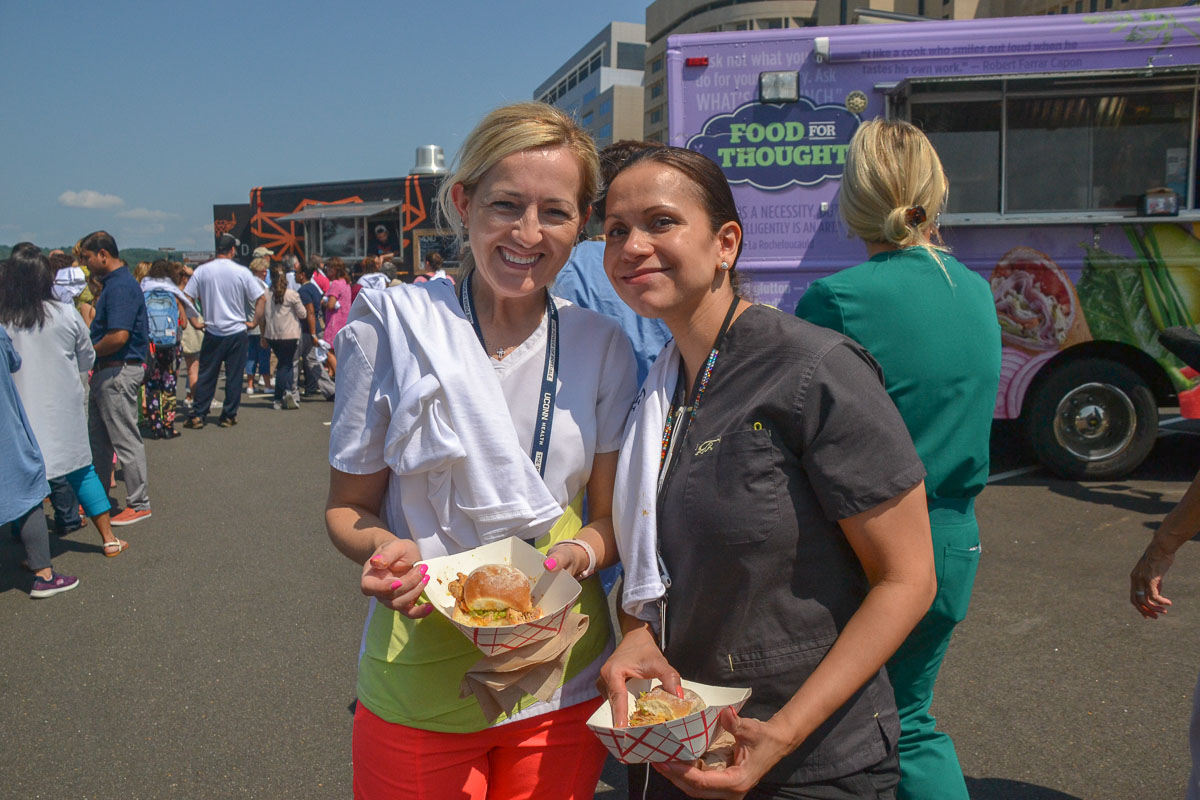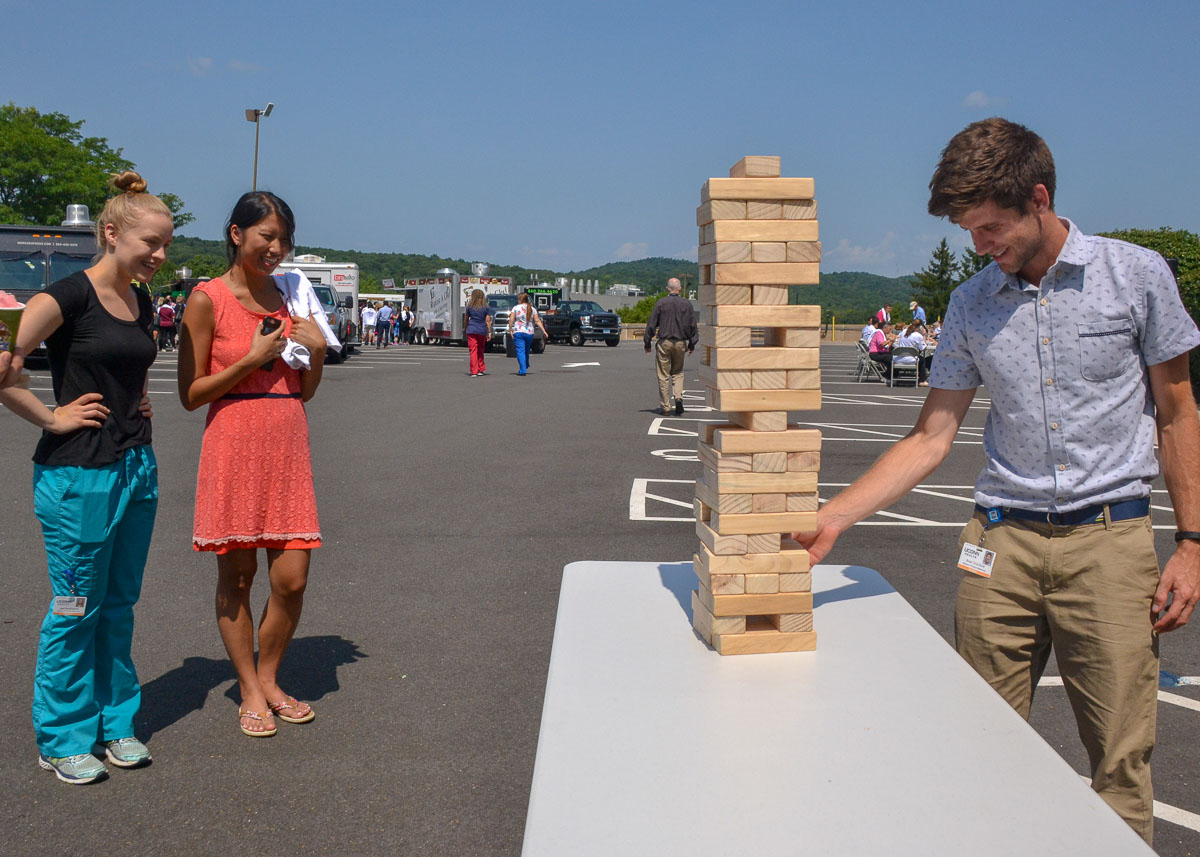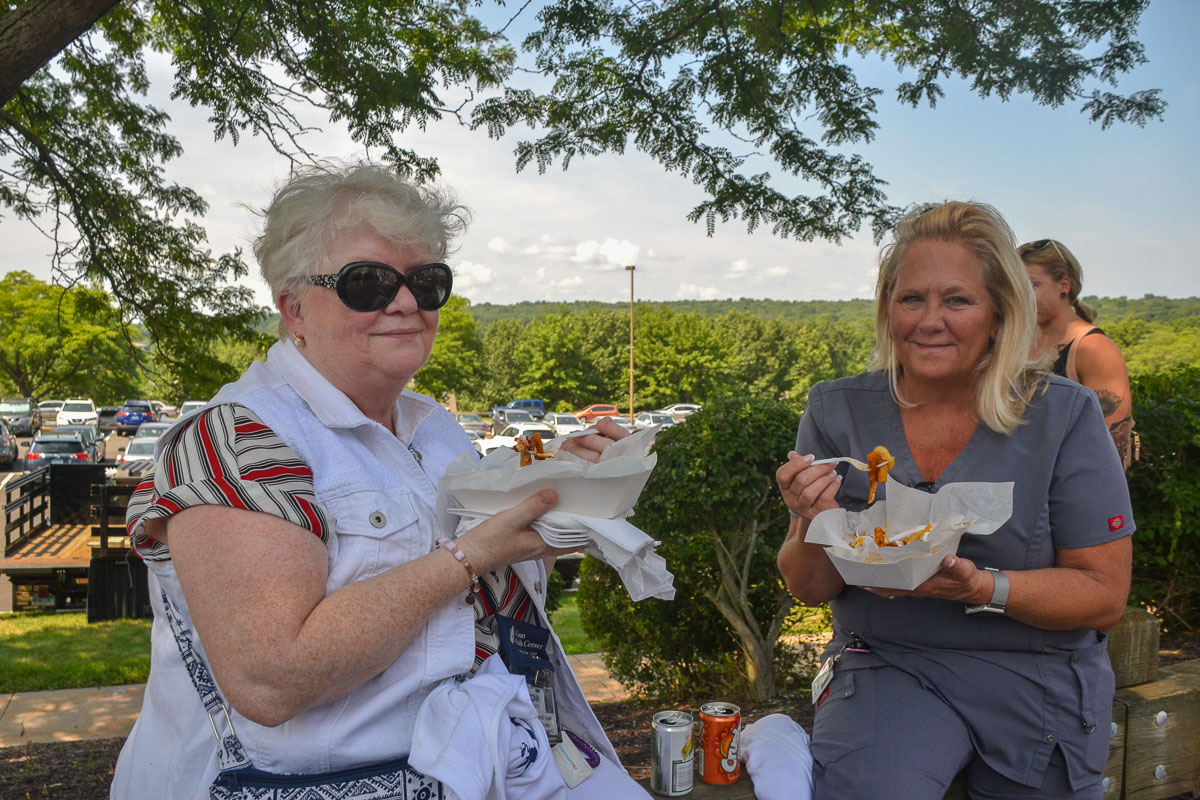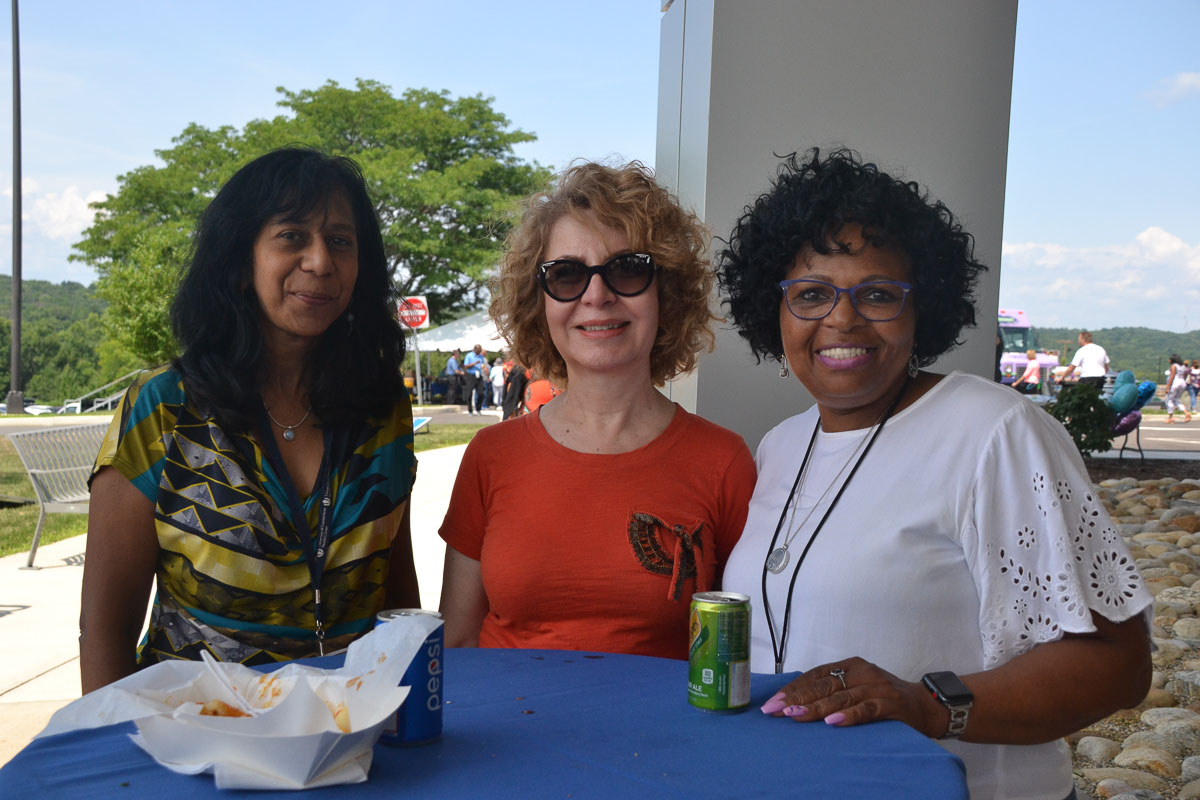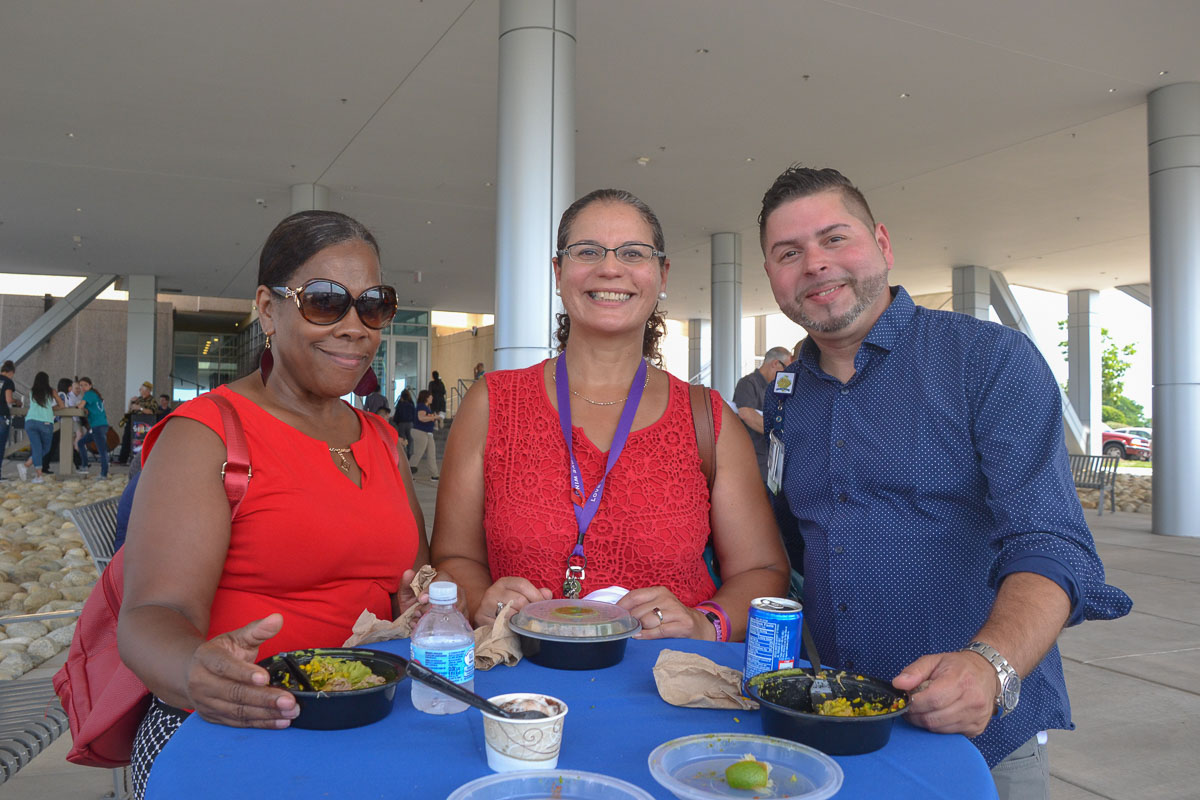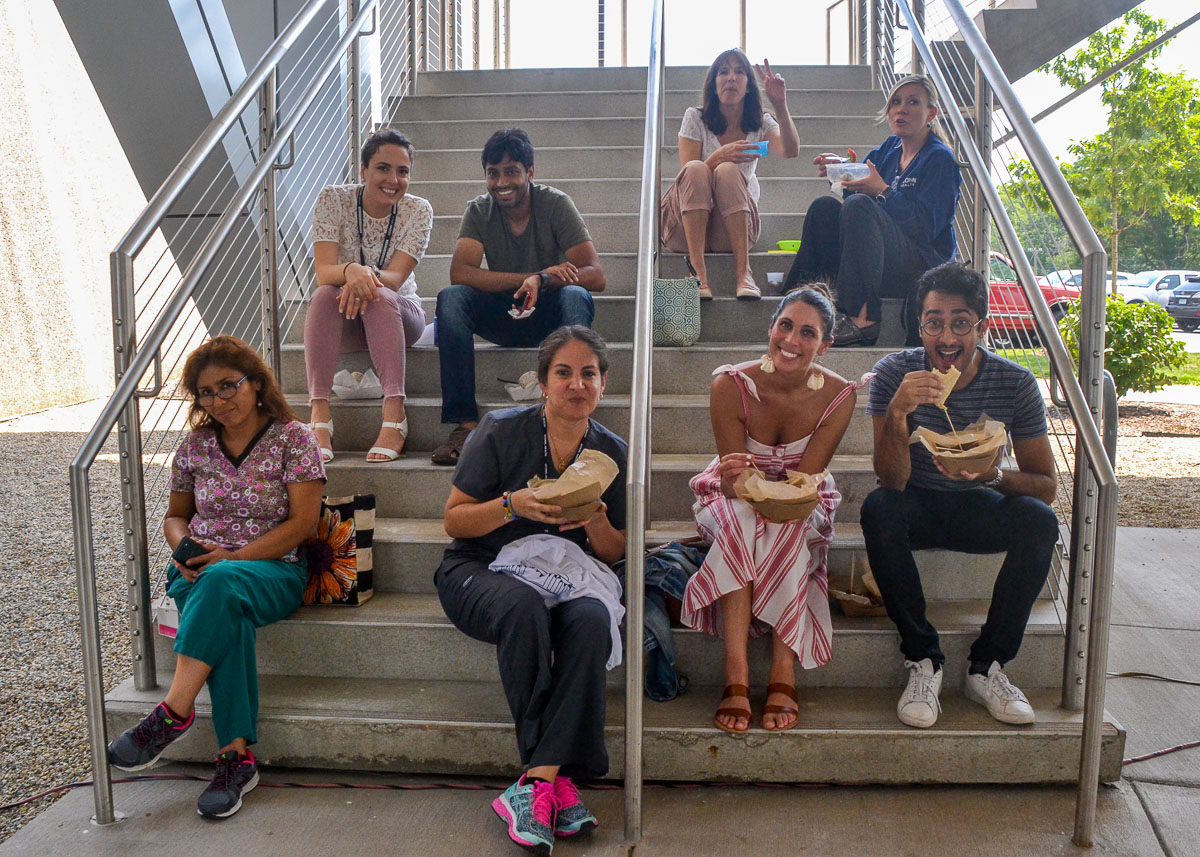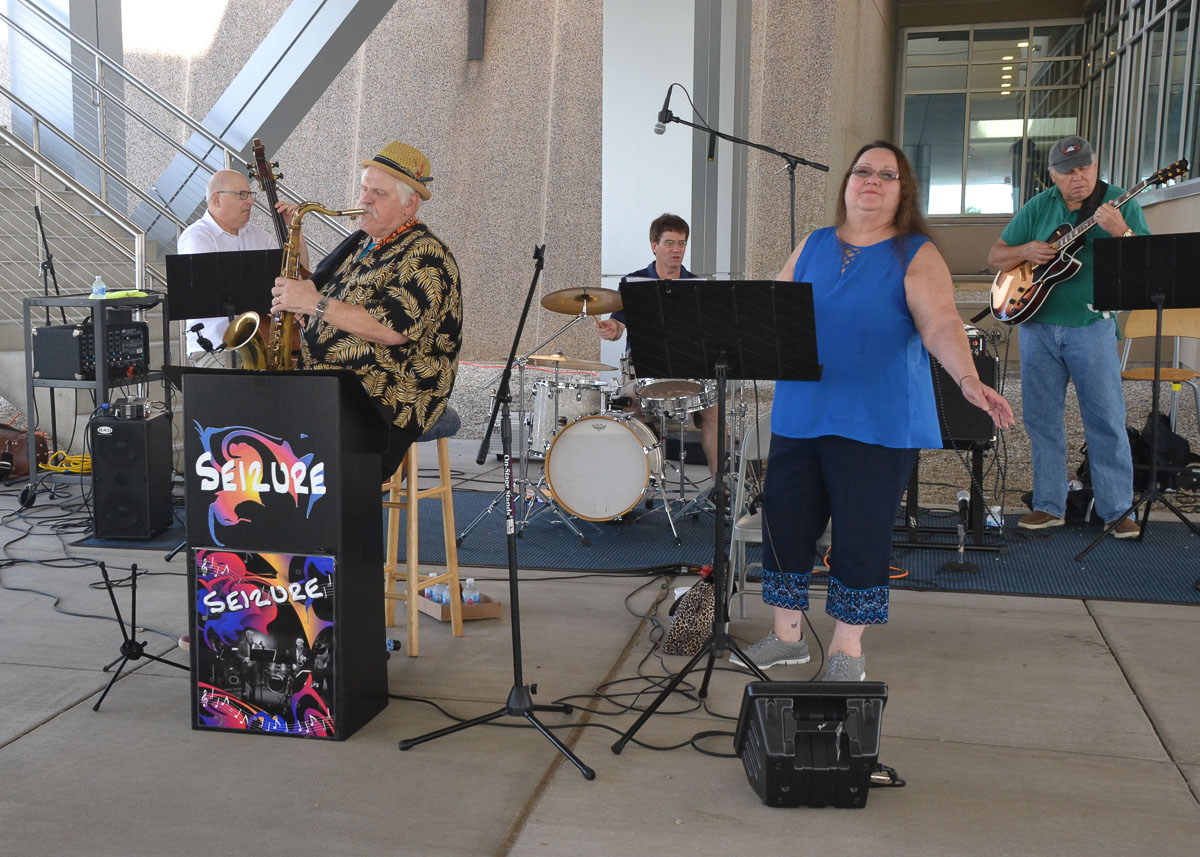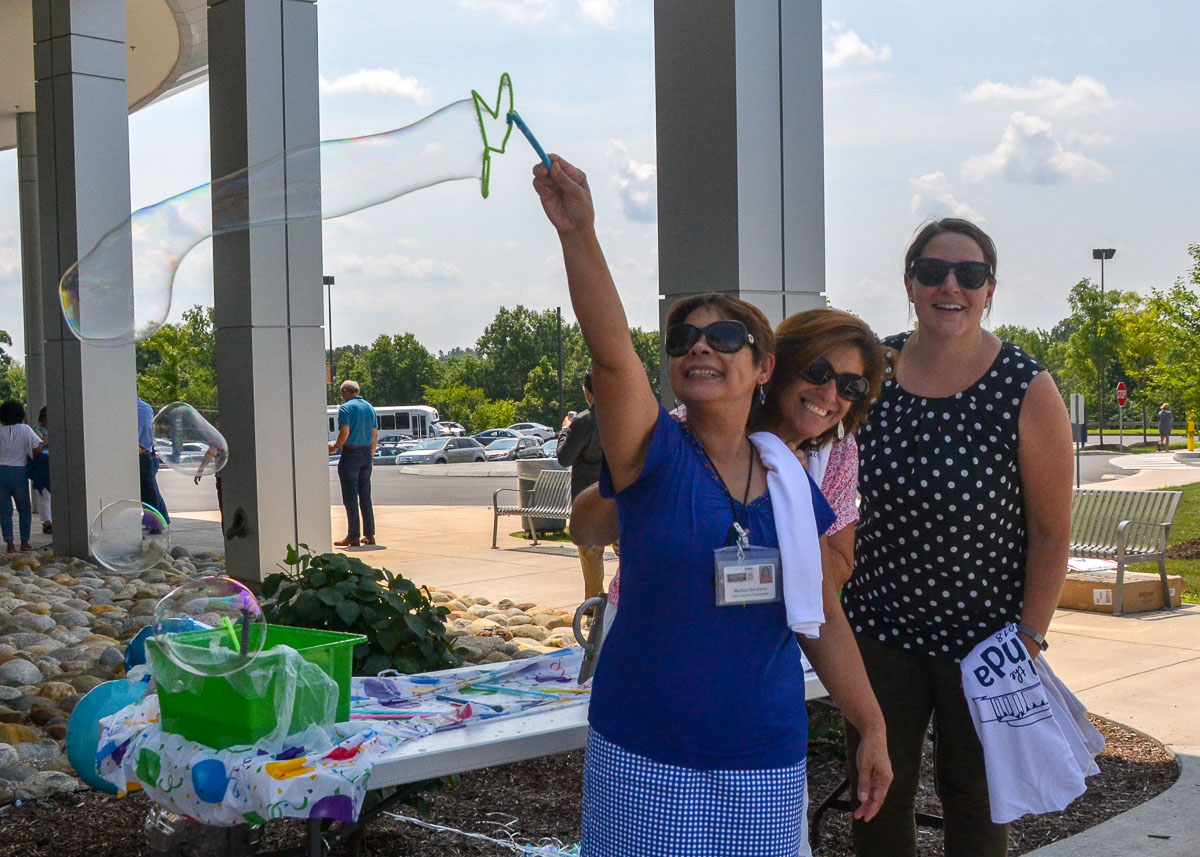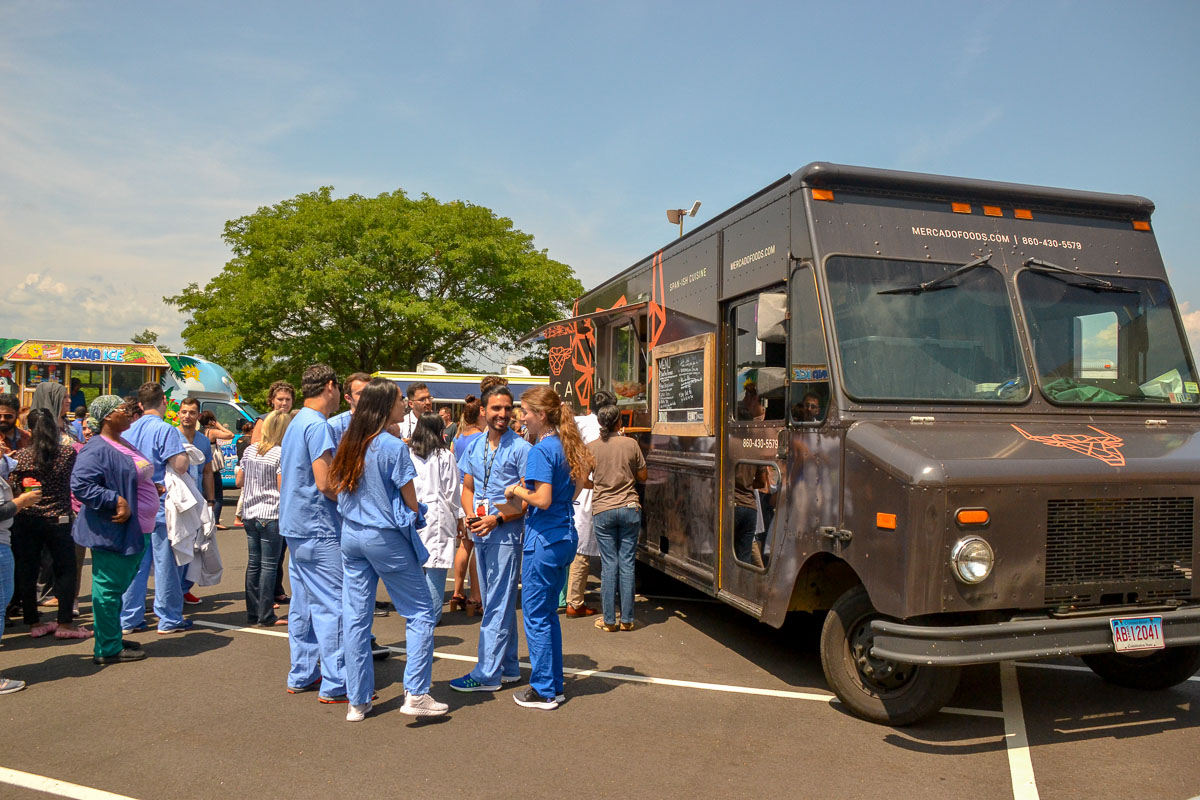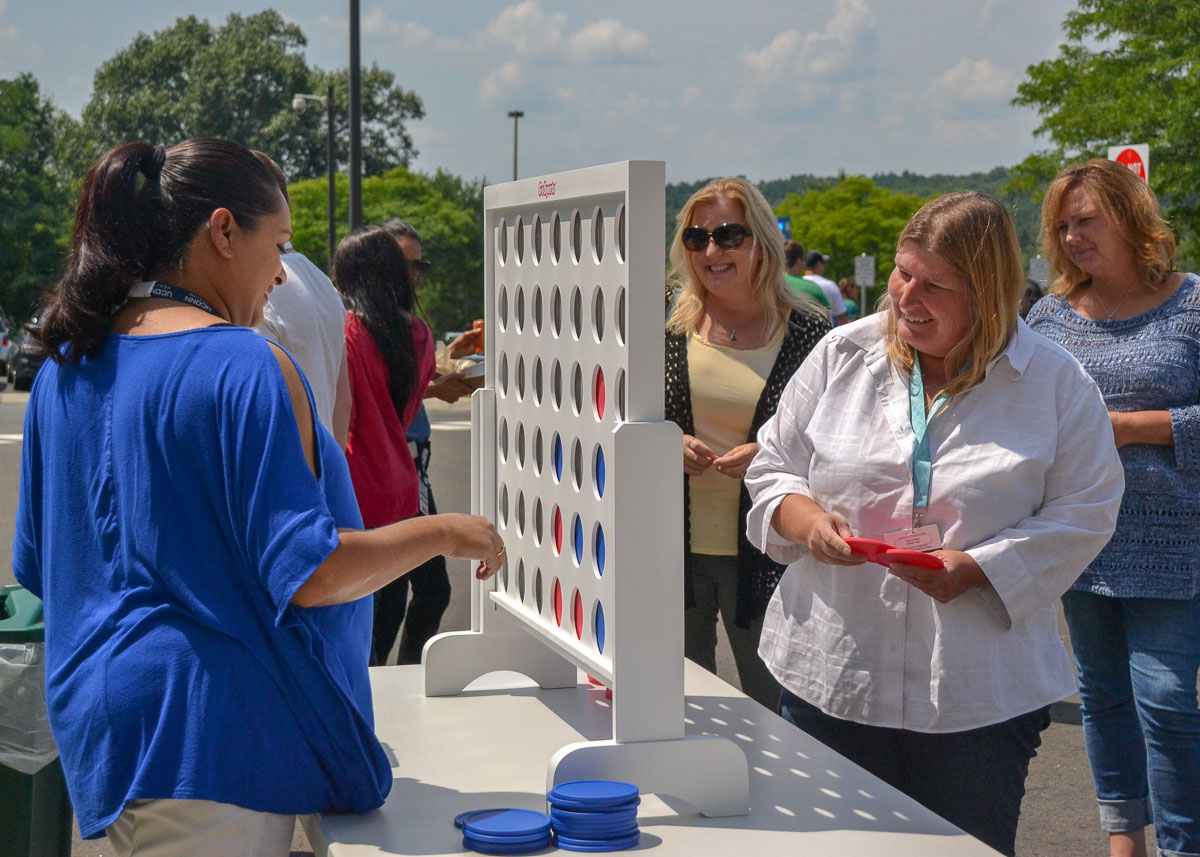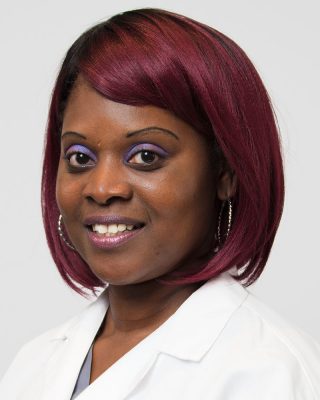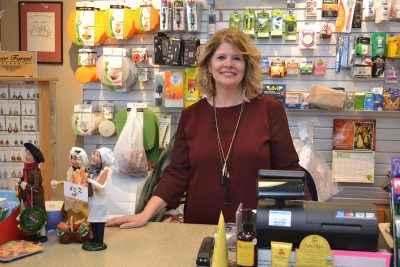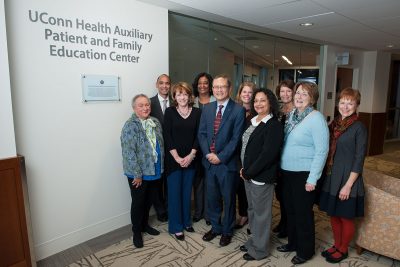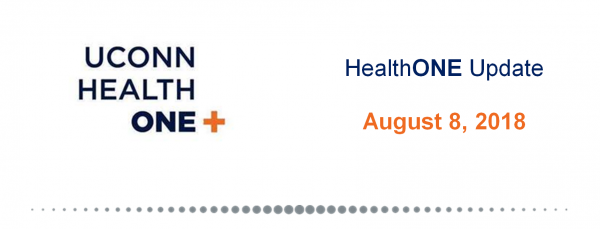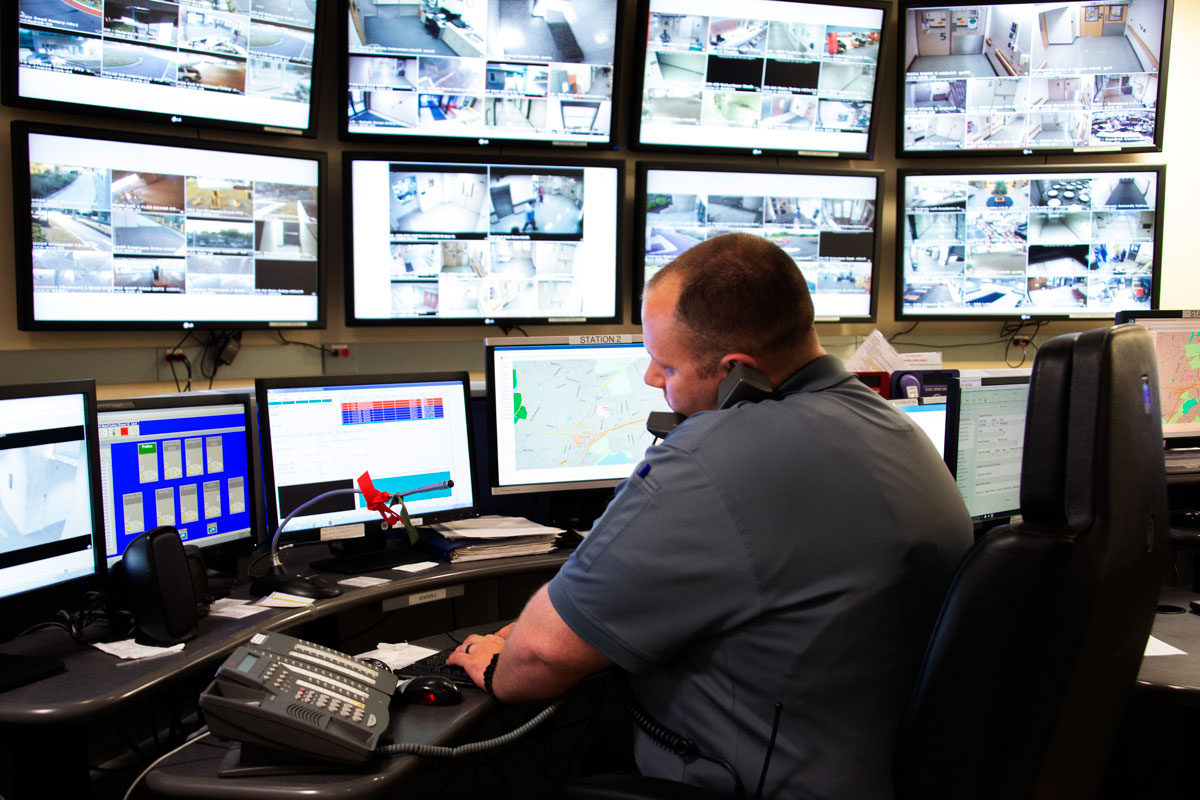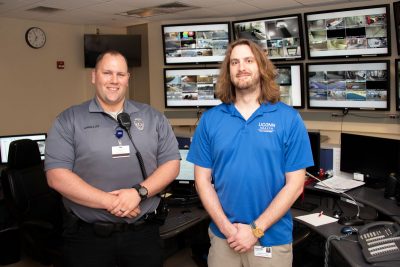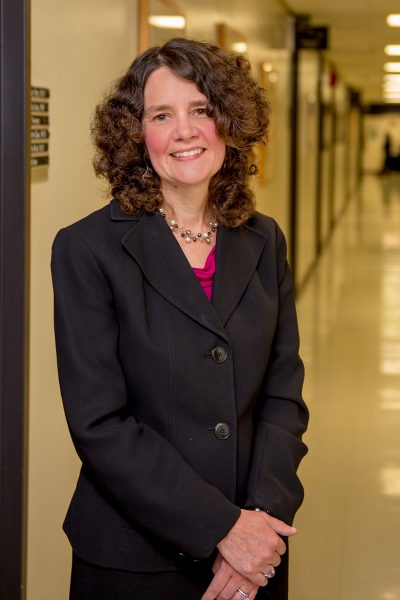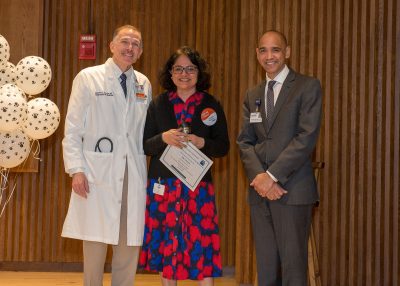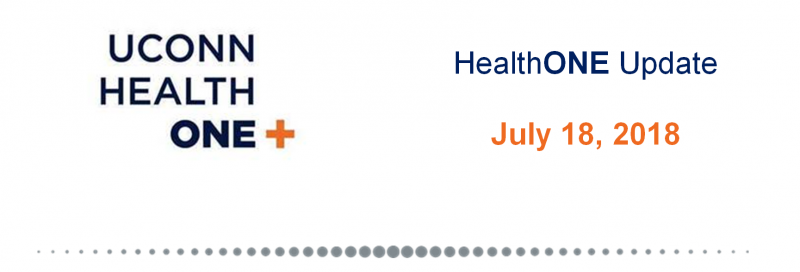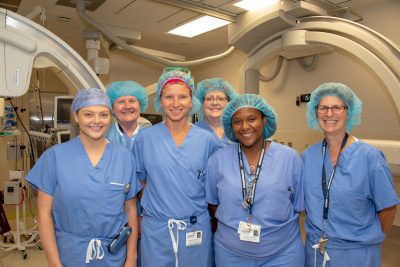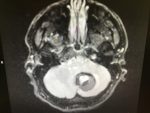The Academic Affairs Subcommittee of the Board of Directors during its September meeting approved the following School of Medicine and Dental Medicine faculty promotions and appointments:
School of Dental Medicine Promotions
Professor (Continuing Tenure)
Dr. Efthimia Ioannidou, Division of Periodontology
Dr. Rajesh Lalla, Division of Oral and Maxillofacial Diagnostic Sciences
Professor (In-Residence)
Dr. Yu-Hsiung Wang, Division of Pediatric Dentistry
Associate Professor (In-Residence)
Dr. Bina Katechia, Division of Pediatric Dentistry
School of Medicine Appointments
Professor – Affiliated
Dr. Mark D. Adams – (The Jackson Laboratory) – Genetics and Developmental Biology
Dr. Mark J. Alberts – (Hartford Hospital) – Neurology
Dr. Glenn Flores – (Connecticut Children’s Medical Center) – Pediatrics
Dr. Daniel Grow – (Center for Advanced Reproductive Services) – Obstetrics and Gynecology
Associate Professor – Tenure Track
Dr. William S. Shaw – Medicine
Associate Professor – Affiliated
Dr. Beth C. Natt – (Connecticut Children’s Medical Center)
School of Medicine Promotions
Professor – with Award of Academic Tenure
Dr. Royce Mohan – Neuroscience
Professor – In-Residence
Dr. Qian Wu – Pathology and Laboratory Medicine
Professor – Affiliated Institution
Dr. Karan M. Emerick – (Connecticut Children’s Medical Center) – Pediatrics
Clinical Professor – Community Faculty
Dr. Anthony G. Alessi – Neurology
Award of Academic Tenure
Dr. Annabelle Rodriguez-Oquendo – Cell Biology
Associate Professor – In-Residence
Dr. David B. Banach – Medicine
Dr. Stacey L. Brown – Community Medicine and Health Care
Dr. Ramaswamy M. Chidambaram – Genetics and Genome Sciences
Dr. Jessica M. Clement – Medicine
Dr. Thomas J. Devers – Medicine
Dr. Katalin Ferenczi – Dermatology
Dr. Alise Frallicciardi – Emergency Medicine
Dr. Karen M. Hook – Medicine
Dr. Juyong Lee – Medicine
Dr. Faryal S. Mirza – Medicine
Dr. Karen L. Steinberg – Psychiatry
Dr. Haleh Vaziri – Medicine
Dr. Siu-Pok Yee – Cell Biology
Associate Professor – with Award of Academic Tenure
Dr. Dmitry M. Korzhnev – Molecular Biology and Biophysics
Dr. Yi I. Wu – Genetics and Genome Sciences
Associate Professor – Affiliated Institution
Dr. Thyde Dumont-Mathieu – (Connecticut Children’s Medical Center) – Pediatrics
Dr. Alex B. Golden – (Connecticut Children’s Medical Center) – Pediatrics
Dr. Katherine R. Kavanagh – (Connecticut Children’s Medical Center) – Surgery
Dr. Kristan A. Pierz – (Connecticut Children’s Medical Center) – Orthopaedic Surgery
Dr. Wael N. Sayej – (Connecticut Children’s Medical Center) – Pediatrics
Dr. Adam M. Silverman – (Connecticut Children’s Medical Center) – Pediatrics
Dr. Christine M. Skurkis – (Connecticut Children’s Medical Center) – Pediatrics
Dr. Michael J. Soltis – (Connecticut Children’s Medical Center) – Pediatrics
Dr. Adam C. Steinberg – (Hartford Hospital) – Obstetrics and Gynecology
Associate Clinical Professor – Community Faculty
Dr. Seth M. Brown – Surgery
Dr. Jeffry L. Nestler – Medicine
Dr. Belachew Tessema – Surgery
